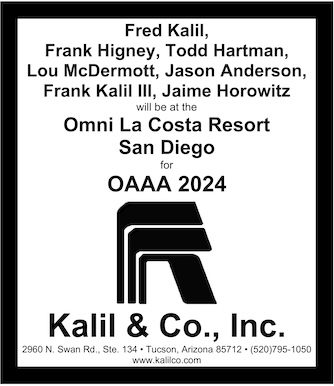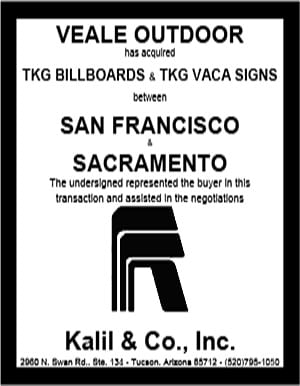
The Texas Legislature is in session, and as the case far too often, it is demonstrating how to pass an unconstitutional law. The subject of the constitutional shenanigans this time is so-called “bandit signs,” those pesky paper signs illegally placed on trees, utility poles, street medium, and other sites in the public right of way. A State Senator representing a suburban Houston district explained his proposed legislation, Senate Bill 355, is designed to finally stop the proliferation of this “litter on a stick,” which is especially offensive when the signs offering anything from selling (or buying) a house, to offering a job, to making a loan saturate vulnerable low income communities. For example, the law maker said in in a recent Senate Committee hearing that he called the phone number on the sign advertising low interest rate loans, and was shocked when the advertiser asked for his social security number and bank account. Thus, the Senator went on to emphasize, his bill would put the sign bandits out of business, by criminalizing the activity and imposing fines starting at $1,000 per offense and increasing to $10,000 for repeat offenders.
During the Committee hearing, however, some of the legislative members asked how the proposed law would affect their voters, as opposed to the sign bandits, who often place signs in the public right of way advertising yard and garage sales, church and community meetings, and fundraisers for the local police and fire departments. Not to worry, responded the bill’s author, as he assured that the law would not target those types of signs of constituents; rather, it would be aimed only at those abusers of the public right of way. Perhaps more troubling, and certainly more hypocritical, other Committee members candidly acknowledged that they routinely locate their political signs in the public right of way. Doing so, they rationalized, was especially critical for a political challenger, who needed the prominent and prolific signage to compete against incumbent politicians who already enjoy name identification. Once again, the sponsoring Senator placated his political colleagues by explaining that his bill did not apply to such political signs either. SB 355 passed unanimously out of Committee, and it is headed for further debate on the full Senate floor.
By now, any billboard operator/amateur lawyer, at least those that read Billboard Insider, knows where this is really headed: straight to court. Since the US Supreme Court’s 2015 decision in Reed vs Gilbert, state and municipal sign regulations based on the content displayed on the sign have been repeated held to violate the Free Speech Clause of the First Amendment. In Reed vs Gilbert, the unconstitutional content based regulation was that applied to religious signs, but the ruling has been applied across the Country to the exemptions and other distinctions in State Highway Beautification Acts for on premise and off premise signs. In fact, the Texas Court of Appeals held in Auspro vs TxDOT in 2016 that the Texas HBA was unconstitutional, prompting the Texas Legislature later that year to amend the Act and make it content neutral.
Apparently, those supporters of SB 355 have forgotten their efforts a couple legislative sessions ago, when they cured the constitutional defects and amended the Texas HBA. Or, perhaps in their zeal to punish the sign bandits, while condoning their own abuses of the public right of way with their political signs, the politicians are once again passing a content based and unconstitutional sign law. Oh well, I guess we need to keep the sign lawyers busy with something.
[wpforms id=”9787″]
Paid Advertisement

















